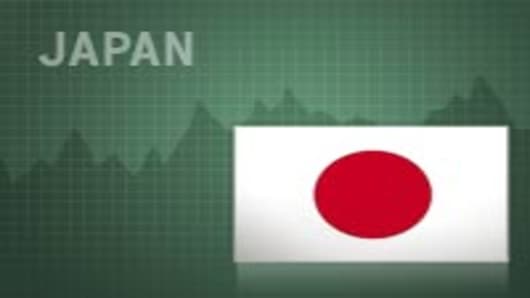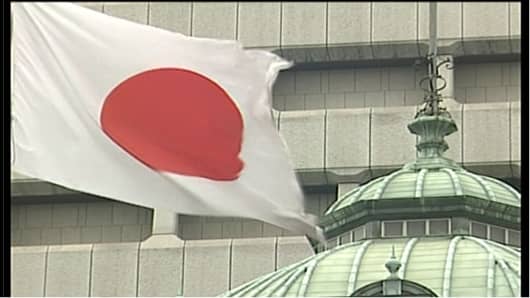"When uncertainty is very high, it is inappropriate to have a preset idea on the direction" of the next policy move, Nakamura said in a speech to business leaders in Asahikawa, northern Japan, stating the official BOJ line on policy.
On Japanese prices, Nakamura said annual core consumer inflation could accelerate to around 1.5 percent in the near term, although he signaled that the central bank will not act on short-term price moves alone.
Financial markets did not react much to the remarks as they did little to alter the prevailing market view that the BOJ will keep rates on hold until early next year or later, even as global inflation worries prompt U.S. and European central banks to take a tightening bias.
"His stress was more on the downside risks, such as the U.S economy, and the impact of rising energy prices on emerging countries with low energy efficiency," said Yasunari Ueno, chief market economist at Mizuho Securities.
"He basically traced the Bank of Japan's semi-annual economic and price outlook report (released in April), indicating that an interest rate hike is unlikely for the time being."
Derivatives markets are now pricing in about a 35 percent chance of a 25 basis point hike in Japan's benchmark interest rate, now at 0.5 percent, by the end of this year.
Nakamura said the central bank needed to closely monitor how rising overseas inflation pressures could affect prices in Japan, where annual core consumer inflation hit a decade-high 1.2 percent in March.
The year-on-year rise in Japan's core consumer price index (CPI), which excludes fresh food but not energy prices, could accelerate to around 1.5 percent in the near term, Nakamura said, a view in line with those of many economists.



